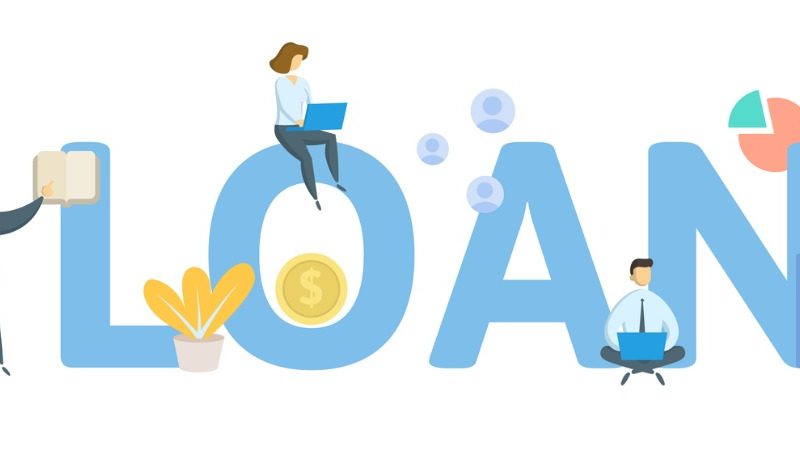Debt disasters you didn’t see coming
Credit is great. It means you can buy what you want right now! But before you get too excited, too many Kiwis get themselves in the doo-doo with their credit. You don’t want to be one of them.
Often it’s the people banks call ‘revolvers’ who get themselves into a complete debt disaster. These are the people who only make the minimum payment each month and see their debt spin out of control.
Sure you can go bankrupt or use the No Asset Procedure. But quite frankly you’d be better off if you never got yourself in that situation in the first place.
Understanding what can go wrong with your plastic fantastic approach to spending is a really good idea. You can learn some lessons from New Zealand’s Banking Ombudsman, whose job it is to ensure we all get treated fairly by our banks:
- Naughty you spending too much! So you think the bank’ll bail you out if you go on a spender bender? One Kiwi complained to the Ombudsman that the bank was irresponsible letting him borrow 20% over his credit limit and demanded that the bank to reimburse him for his own spending. He was lucky and the bank wiped his interest and agreed to an affordable repayment arrangement. But he didn’t get the debt wiped as he hoped.
- Dodgy shop debt disaster. “Mrs S” was two weeks into her five-week holiday when her credit card maxed out. She’d loaded extra cash on it before leaving New Zealand and couldn’t understand what had happened. It turned out she’d paid for purchases without actually checking what she was being charged. Even though the trusting Kiwi customer was the victim of a scam, she still had to pay the bank back it was her signature and she was the one to punch in her PIN. Other Kiwis have tried to get banks to refund money when they’ve been scammed. But mostly they fail.
- Sexually transmitted debt. One of the worst credit disasters is one that you’re not even responsible for. Cupid’s arrow isn’t very smart sometimes and spenders fall in love with savers. The trouble is that as soon as you sign loan documents together you become responsible for your feckless partner’s debt. Watch what you’re signing. Mr B was long divorced when his ex-wife went bankrupt. He’d forgotten they had a joint credit card and it was never cancelled. As a result he was liable to repay his ex-wife’s debts.
- Going guarantor: When Kiwis sign guarantees for others they often forget about them. Often the fine print means that you’re responsible for all future borrowing by that person. Parents sometimes even have to cough up for their ex daughter or son-in-law’s debts long after the couple have split.
- The bank helping itself. Banks can dip into money in your accounts. One Kiwi customer sold company assets because the business desperately needed cash. But he owed money on his credit cards the bank helped itself to sale proceeds to pay down the outstanding debt. This sometimes happens in personal lending as well, says Banking Ombudsman Nicola Sladden. The moral of this story is, if you’re in debt up to your neck, keep your cash in a separate bank.
- Goodbye insurance money. Another Kiwi bank helped itself to a customer’s insurance pay out for a $65,000 fire and applied it against his mortgage. The cash grab meant he didn’t have the money to rebuild. Sladden says people don’t realise that customers’ home loan agreements are worded so that the bank can go to the insurance company direct and take control of the proceeds.
Whew! Does that make you scared of credit yet? If these and other credit disasters fill you with horror, don’t put your credit card or overdraft away; you can become a master of your cards. Create a budget. It doesn’t need to be scary. Think of it as spending plan where you divvy up your pay each week, fortnight or month, so you know how much you can spend in each category and you pay a fixed amount off your debt. This really does work and over time you’ll be debt free. Do it.
Credit Simple
Credit Simple gives all Kiwis free access to their credit score, as well as their detailed credit report. See how your credit score compares by age, gender and community and gain valuable insights into what it all means.
All stories by: Credit Simple


